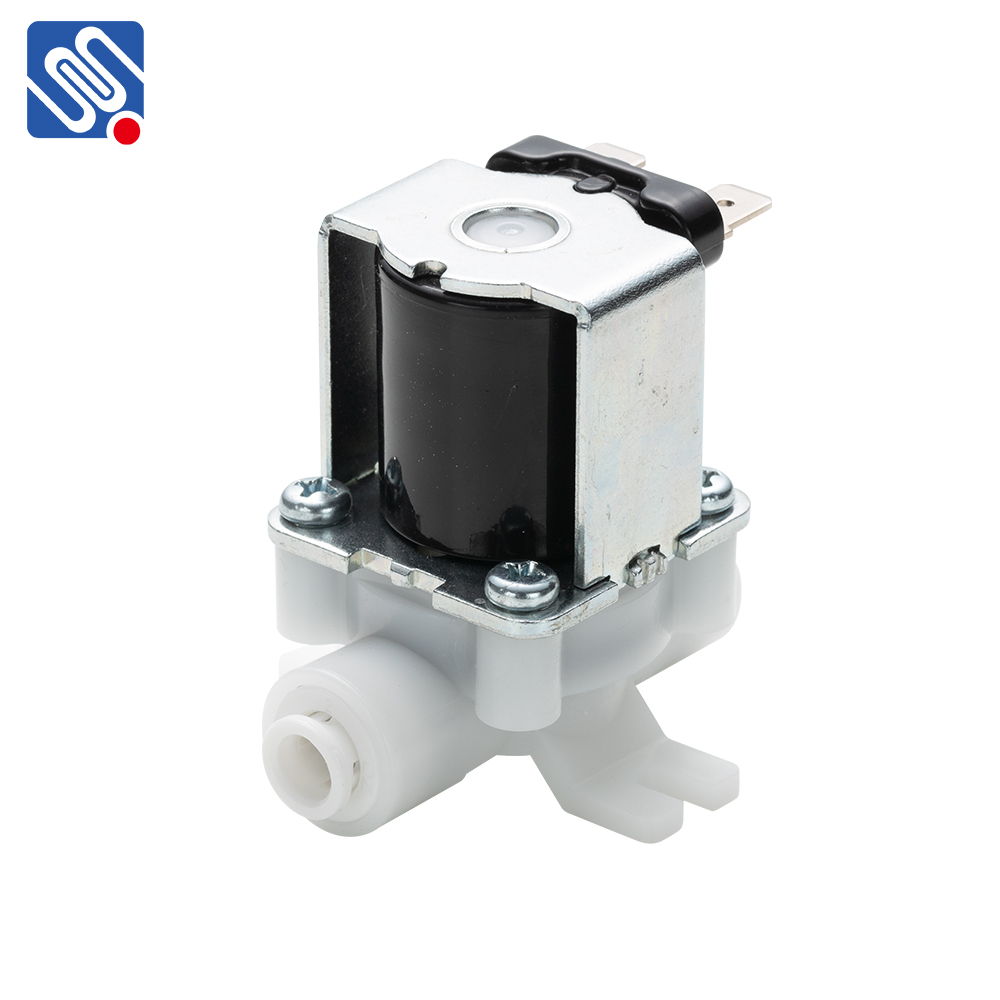Food processing and beverage manufacturing industries rely heavily on specialized equipment to ensure that the products produced are safe for consumption. Among the essential equipment used in these industries are solenoid valves, which control the flow of liquids and gases. However, when it comes to food-grade applications, these solenoid valves must undergo specific certifications to guarantee their compliance with hygiene, safety, and health standards. This article explores the importance of Food Grade Solenoid Valve Certification, the key standards involved, and why certification is crucial for maintaining food safety.

The Role of Solenoid Valves in Food Processing A solenoid valve is an electromechanical device that regulates the flow of fluids or gases in a system. These valves are typically used in a variety of applications, including controlling the flow of water, oils, and gases in food processing systems. Given their critical function in managing these processes, it is imperative that the solenoid valves used in food industries meet high-quality standards. In food processing environments, solenoid valves are often exposed to harsh conditions, including high temperatures, frequent cleaning cycles, and direct contact with food ingredients. This makes it essential that these valves are made of materials that are safe, non-toxic, and resistant to corrosion, while also being easy to clean. Without certification, there is a risk that the valves could contaminate the food or beverage products, leading to potential health hazards and regulatory violations.